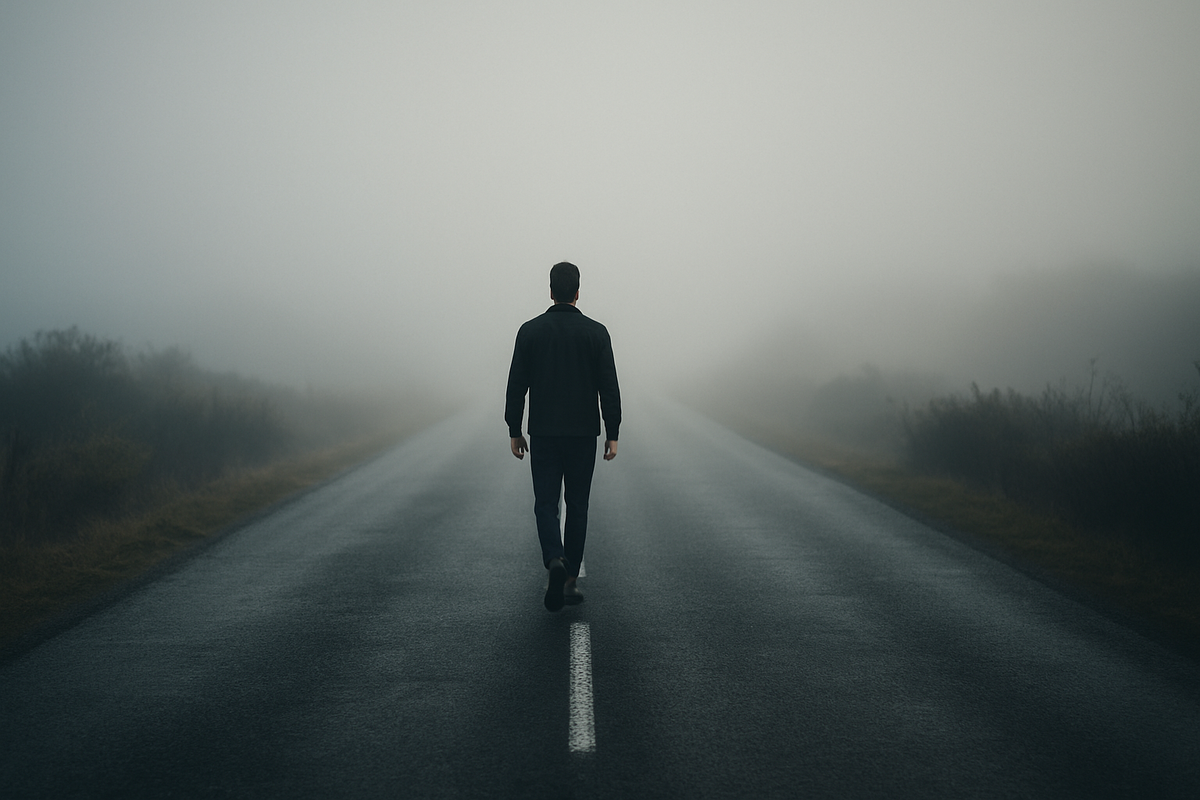The Bet I Didn’t Know I Was Making
Some choices don’t reveal their full meaning until much later. It’s not that the decision was wrong—it’s that the person you become after making it sees things differently.

There’s a strange kind of clarity that only shows up after the moment has passed.
Not right away—years later. Quietly. Subtly. Like re-reading a book you thought you knew.
The story didn’t change.
The characters didn’t change.
But you did.
And suddenly the whole thing feels different.
Familiar, but not the same.
I’ve been thinking about how many of life’s big decisions feel like that. You make a choice—sometimes with conviction, sometimes with fear, sometimes because you just have to choose—and then you live through it. And the person who comes out the other side isn’t the same as the one who made the call.
That’s not failure.
That’s just the deal.
Looking back, I realize there were choices I made that were really just bets. Not reckless ones. Just… decisions made without knowing how the odds actually worked.
And I don’t mean “gambler” in the Vegas sense. I mean in the subtle, human way we all do it:
- Trusting a gut feeling and hoping it wasn’t just anxiety.
- Believing a job change would solve more than it actually could.
- Choosing a path because it looked right—and wanting it to become right over time.
That’s the gamble.
Not because you were wrong, but because you couldn’t see everything from where you stood.
And maybe you weren’t supposed to.
I’ve made peace with that part.
But what I’m working on now is harder:
Can I catch myself sooner next time—when I’m about to double down on a pattern I’ve already lived?
Because that’s where it gets tricky.
Once you’ve invested time, energy, identity into a decision, it’s easy to keep going—not because it’s working, but because you need it to work. Because walking away would mean admitting you saw it wrong the first time.
That’s the real gambler’s fallacy.
Not in cards—but in life decisions.
So now, I’m trying to listen for that signal.
Not the loud panic. The quiet recognition:
“This feels familiar in the wrong way.”
Or: “I’ve told myself this story before, and I know how it ends.”
I’m not trying to avoid all mistakes. That’s not realistic.
But I am trying to notice sooner.
To pay attention to how something feels—not just how it looks.
To read the moment with the experience I’ve actually earned.
Like reading a book for the third time.
The words don’t change.
But the meaning does—because you’ve lived more between the pages.
That’s how I’m trying to live now.
Not chasing the perfect choice.
Just trying to be a little less blind to the bet I’m making.

